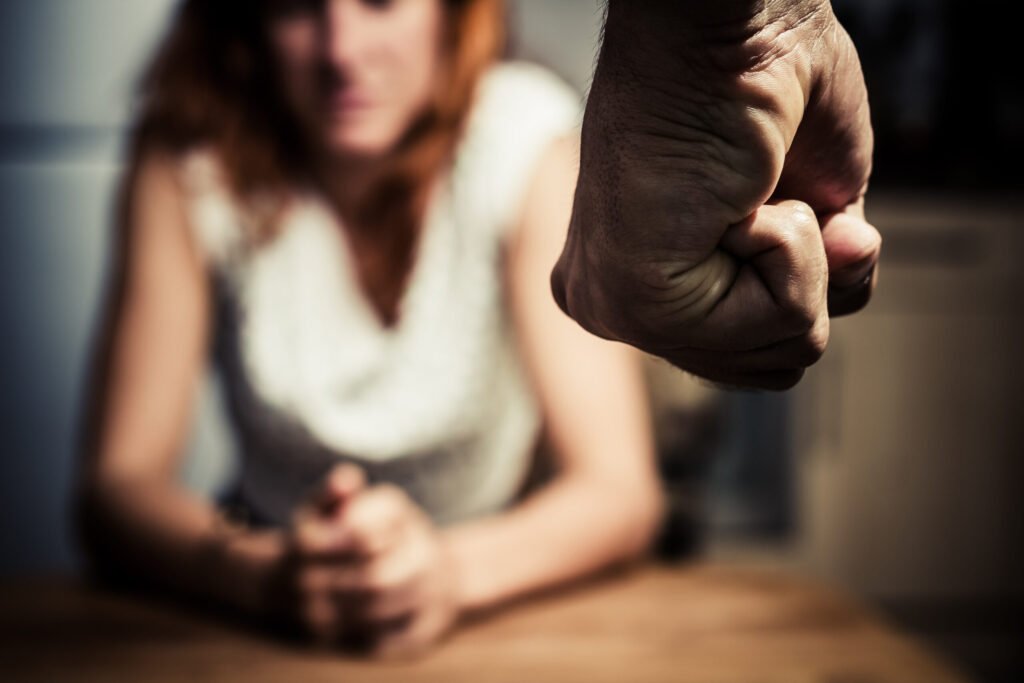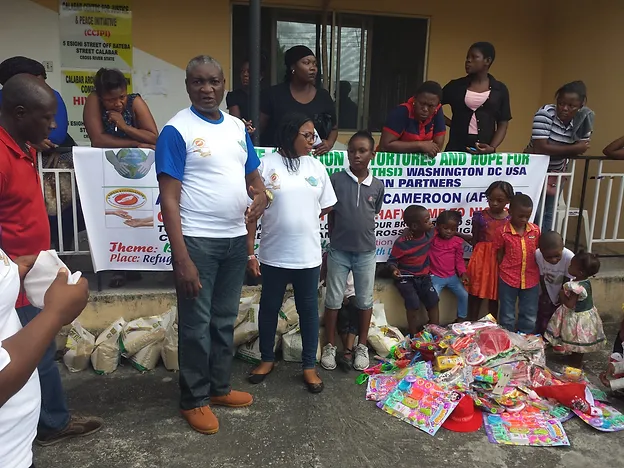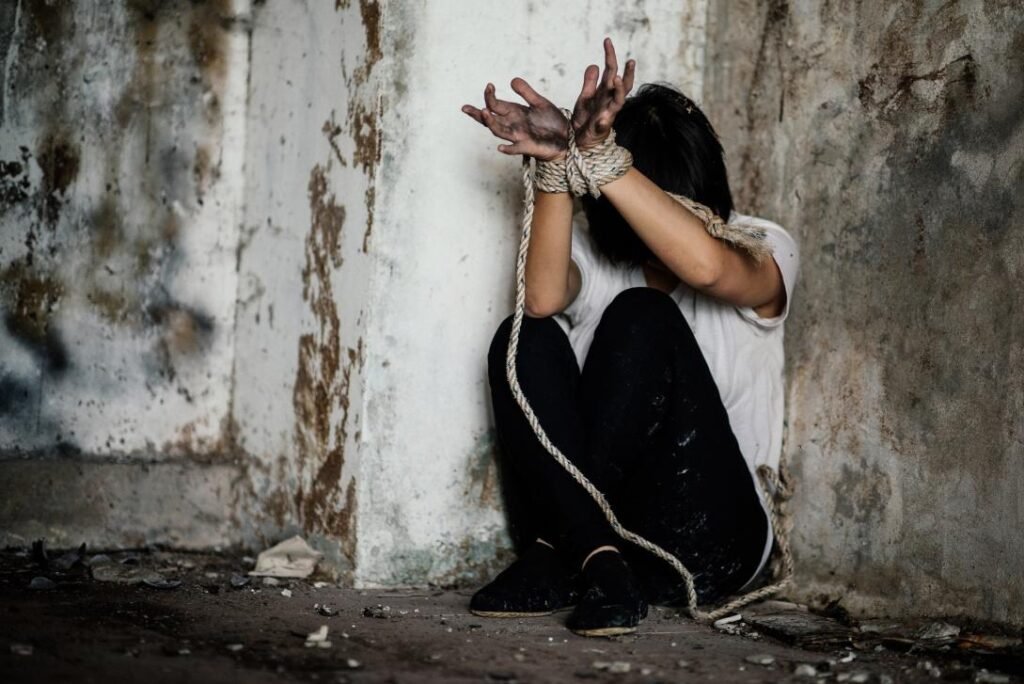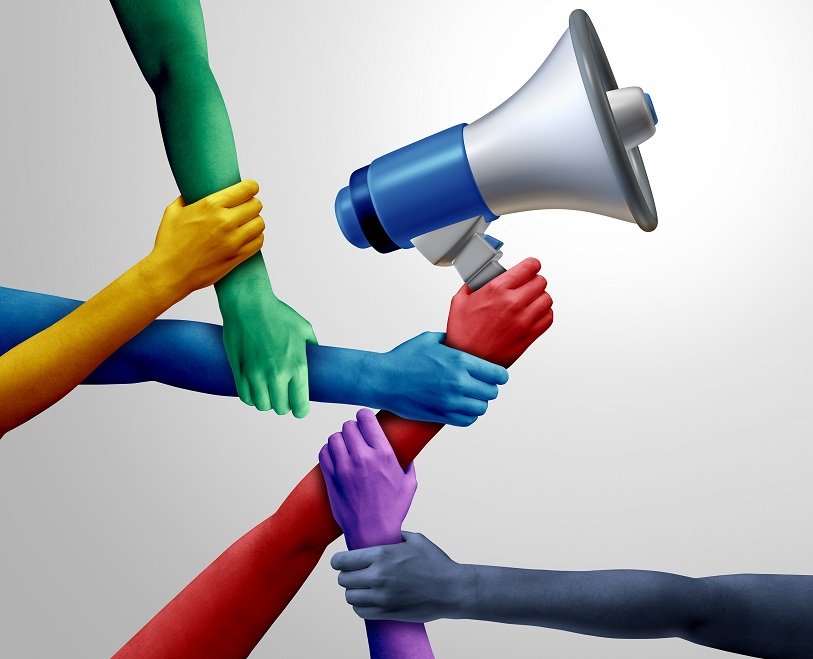Justice for Diane Yangwo: A Call to Action Against Gender-Based Violence
Violence is a pervasive issue that affects individuals and communities worldwide, manifesting in various forms and contexts. Among these forms, gender-based violence (GBV) is particularly concerning, as it targets individuals based on their gender or perceived gender. GBV includes physical, sexual, emotional, psychological, and financial abuse, and it disproportionately affects women and girls. This type of violence is rooted in societal inequalities and power imbalances between genders, often leading to severe consequences for victims.
Moreover, GBV is not only a violation of human rights but also a significant public health concern. It can lead to physical injuries, mental health issues, and even death. The impact of GBV extends beyond the individual, affecting families, communities, and societies as a whole. It can hinder economic development, perpetuate cycles of violence, and undermine social cohesion. Understanding GBV requires acknowledging its complex causes and manifestations. It is often linked to cultural norms, social expectations, and economic factors that perpetuate gender inequality. Addressing GBV effectively involves challenging these underlying factors and promoting gender equality through education, policy reforms, and community engagement.
Diane Yangwo, a teacher at the Ndogpassi Nylon Bilingual High School in Douala, Cameroon, tragically lost her life due to injuries inflicted by her husband, Bekobe Éric. The autopsy revealed that her death was caused by physical violence complicated by internal abdominal hemorrhage. This case highlights the devastating impact of domestic violence, a form of GBV that can lead to fatal outcomes.
In addition, domestic violence is a pervasive issue worldwide, affecting millions of women and girls. It is characterized by a pattern of abusive behavior in any relationship that is used by one partner to gain or maintain power and control over another intimate partner. This abuse can be physical, sexual, emotional, economic, or psychological actions or threats of actions that influence another person.
Furthermore, the case of Diane Yangwo underscores the urgency of addressing domestic violence, which is often underreported and inadequately addressed by legal systems. The lack of effective legal protections and societal support can leave victims feeling isolated and vulnerable.
The recent verdict in Bekobe Éric’s trial has sparked widespread outrage. Despite his guilty plea, he received a five-year suspended sentence and a fine of 52,000 FCFA, a decision many view as lenient and unjust. This verdict has raised questions about the justice system’s commitment to protecting victims of GBV and ensuring that perpetrators face appropriate consequences.
Consequently, the lenient sentence in Diane Yangwo’s case is not an isolated incident. It reflects broader systemic issues in how GBV cases are handled by legal systems. Often, perpetrators receive minimal penalties, which can embolden them and deter victims from seeking justice. Moreover, the lenient sentence in Diane Yangwo’s case has several negative implications. It may embolden potential perpetrators by suggesting that violence against women can be committed with minimal legal repercussions. Furthermore, it undermines the trust in the legal system among victims of GBV, potentially discouraging them from seeking justice. The verdict also highlights the need for stronger legal protections and more effective enforcement mechanisms to combat GBV.
The case of Diane Yangwo has ignited a wave of protests from women’s rights advocates and civil society groups. Many have expressed their outrage, arguing that the sentence trivializes the severity of the crime and may perpetuate a culture of impunity. Sociologist Aladin Thiam described the verdict as “an absolute scandal” that sends a dangerous message to potential perpetrators. Similarly, women’s rights defenders emphasized that such leniency could embolden individuals to commit similar crimes with minimal consequences. In response to the public outcry, an appeal has been filed by Diane’s family and the public prosecutor, seeking to revisit the judiciary’s decision and challenge its leniency. This move underscores the determination of those seeking justice for Diane and highlights the need for a more robust legal framework to address violence against women.
The Diane Yangwo case underscores the urgent need for policy reforms in Cameroon to effectively address femicides and ensure that perpetrators face appropriate legal consequences. The current legal system’s inability to deliver justice in such cases not only fails the victims but also undermines societal trust in the judiciary.
Therefore, it is crucial for governments and legal systems to prioritize the protection of women’s rights and lives. This includes implementing stricter penalties for perpetrators of violence against women and ensuring that the justice system is equipped to handle such cases with the seriousness they deserve.
The case of Diane Yangwo serves as a stark reminder of the need for robust advocacy against all forms of violence, particularly violence against women. It is crucial for governments, organizations, and individuals to work together to create a society where women can live without fear of violence. This includes advocating for stricter laws against GBV, enhancing judicial training to handle such cases sensitively, and promoting public awareness about the severity of GBV.
Paths International stands in solidarity with the family of Diane Yangwo and the broader community advocating for justice in her case. We believe that it is essential to prioritize the protection of women’s rights and lives. This includes implementing stricter penalties for perpetrators of violence against women and ensuring that the justice system is equipped to handle such cases with the seriousness they deserve.
In conclusion, the case of Diane Yangwo is a tragic reminder of the devastating impact of gender-based violence. It highlights the need for immediate action to protect women’s rights and lives. By advocating for policy reforms, enhancing judicial training, promoting public awareness, and supporting victims, we can create a safer, more just world for all.

Paths International is committed to this cause, and we invite you to join us in demanding justice for Diane Yangwo and advocating for an end to violence against women. Together, we can make a difference and create a brighter future for generations to come.
Ultimately, the story of Diane Yangwo serves as a powerful reminder of the human capacity for resilience and hope. It reminds us that even in the darkest moments, there is always a way forward, and that together, we can make a difference. The journey towards a better future for women requires sustained commitment and collective action, but with compassion, solidarity, and determination, we can create a world where every individual has the chance to live in peace and dignity.
We invite you to join us in demanding policy reforms that protect women from violence and ensure that perpetrators face justice. Together, we can make a difference by:
Promoting Public Awareness: Educating communities about the severity of GBV and the importance of reporting such crimes.
Supporting Victims: Providing comprehensive support services, including counseling, legal aid, and protection, to victims of GBV.
By working together, we can create a safer, more just world for all. Let us stand united in demanding justice for Diane Yangwo and advocating for an end to violence against women.
Community engagement is crucial in addressing GBV. By fostering a sense of community and solidarity, we can create environments where victims feel supported and empowered to seek help. Community activities such as cultural events, educational programs, and support groups can help raise awareness about GBV and promote a culture of respect and equality.
Moreover, community engagement can help challenge harmful gender norms and stereotypes that perpetuate violence. By promoting gender equality and challenging patriarchal structures, we can reduce the incidence of GBV and create a more equitable society.
The case of Diane Yangwo is a tragic reminder of the devastating impact of gender-based violence. It highlights the need for immediate action to protect women’s rights and lives. By advocating for policy reforms, enhancing judicial training, promoting public awareness, and supporting victims, we can create a safer, more just world for all.



